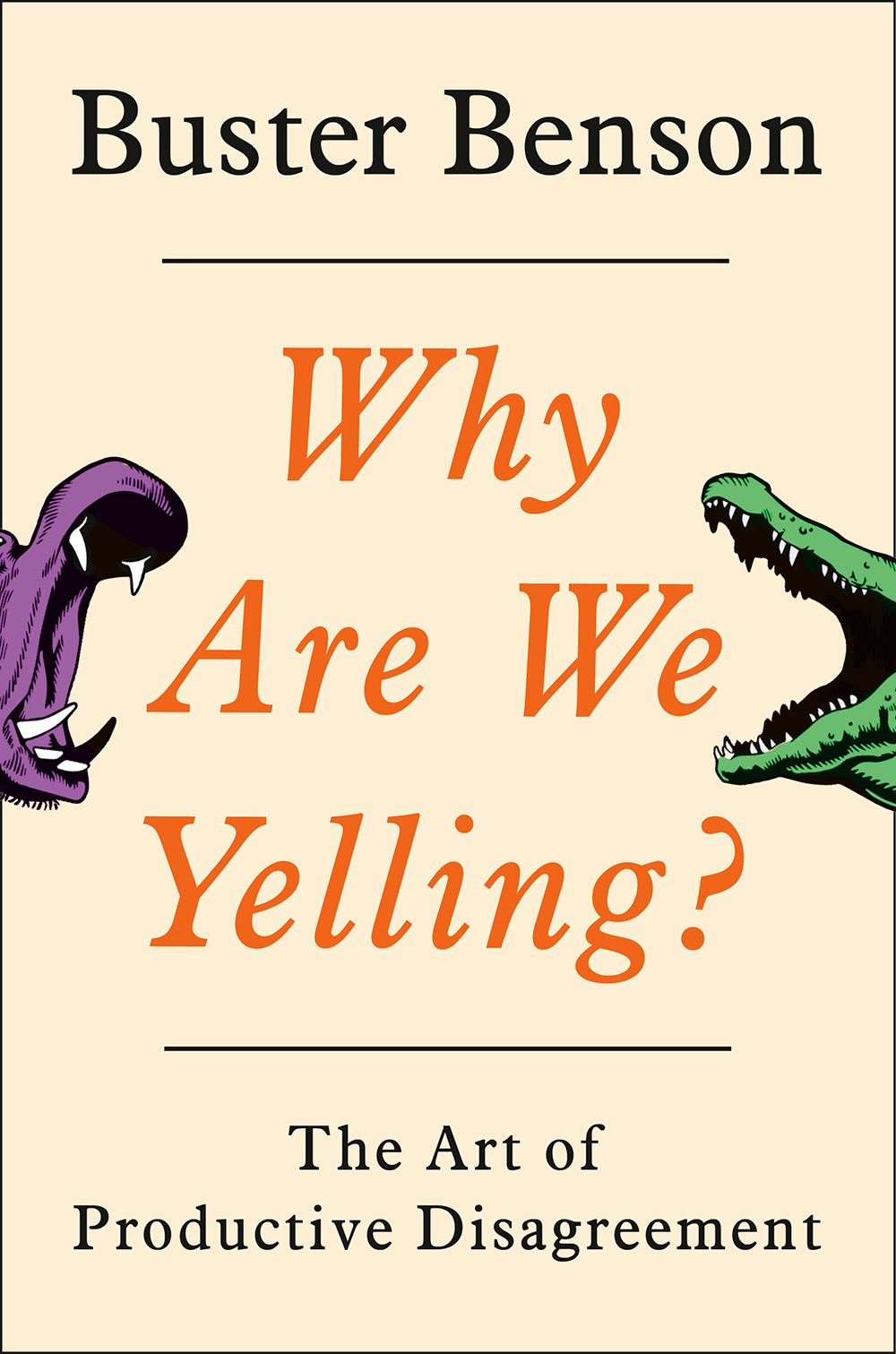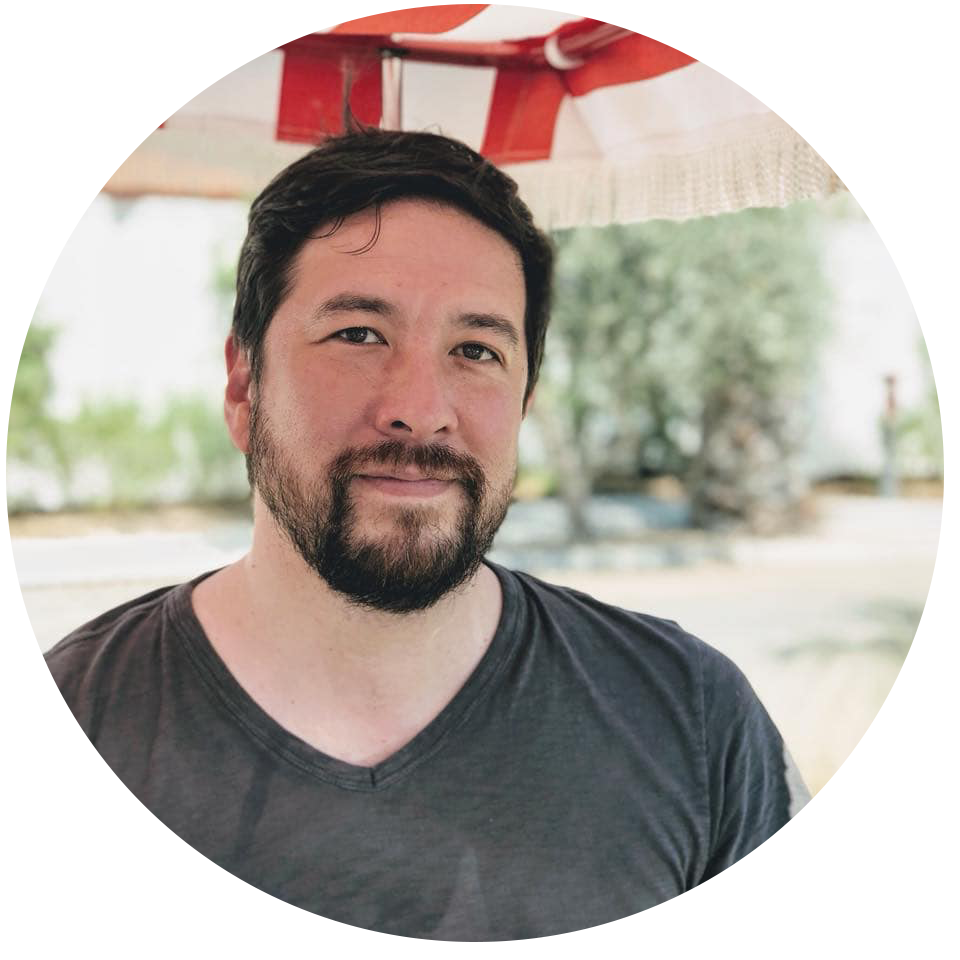I have a pretty weird story to share about my name.
I was born with the name Erik Keith Benson.
My parents told me that Erik is a Norse/Swedish name meaning king or something, loosely hand-waving to my father’s side of the family that is from there (though we have no known family that’s still over there). My mom said that the “k” was also convenient because it maps to the hard “k” sounds in Japanese. My first name in Hiragana is:
えりっく
And is pronounced eh-ri–ku.
Keith was my father’s middle name and my grandfather’s middle name, and my grandfather went by Keith. Another call out to that side of the family, but I don’t know if it had any significance past that. Looking it up on family search, none of my grandfather’s other 12 (!) siblings had the middle name Keith, and I don’t see it showing up in generations previous to that either. I remember some kid making fun of my middle name when I was super young… he said it was a nerdy or otherwise awkward name, and I often made fun of my own middle name for years, probably as a self-defense mechanism to that. It’s weird how that is still attached to my relationship with that name.
And Benson also comes from my father’s side. I wish I had some connection to my mom in my name… that K at the end of Erik isn’t really a whole lot to go on. Benson was given to Sven “Swanty” Johan Bengtsson when he immigrated to the US on September 27th, 1875, having been converted by Mormon missionaries (I think).
Now for the fun part.
In 2006 I …

